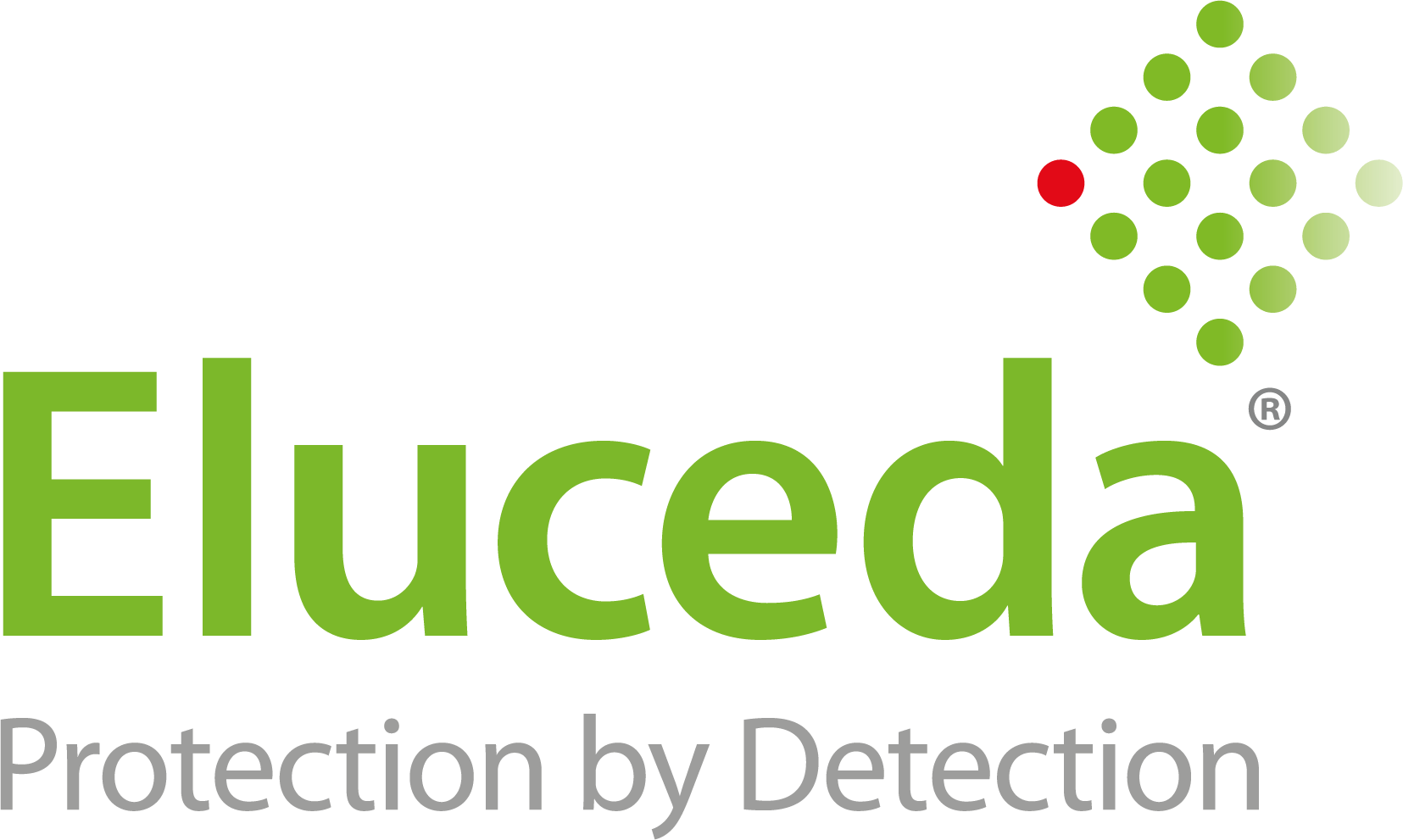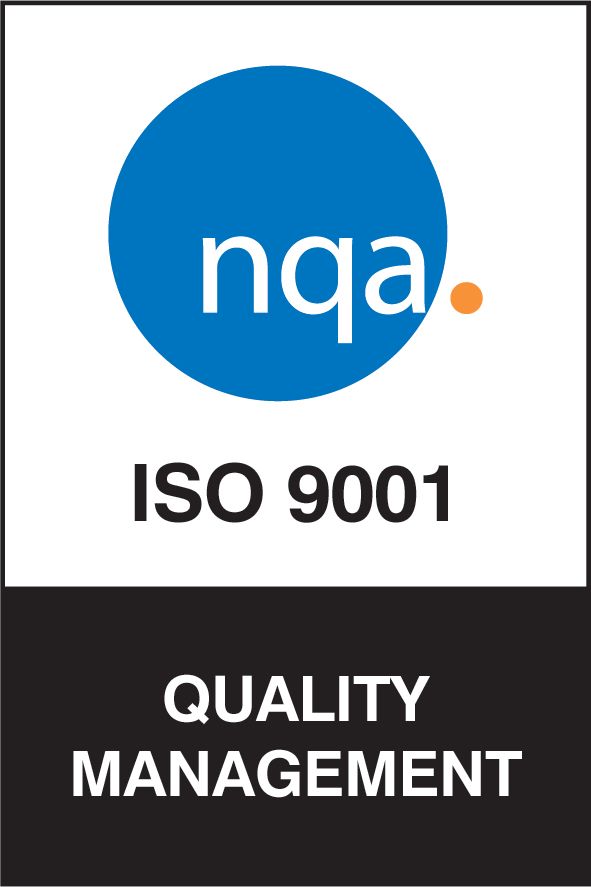Whisky Test Article

Eluceda has developed a rapid and easily portable method to authenticate genuine whisky by detecting the unique electrochemical ‘taste’ of specific batches of products.
Spirits are particularly vulnerable to a variety of issues from counterfeiting to refilling and dilution, with whiskies of all types affected. According to an EU IPO report, the industry loses ~€1.3 bn of revenue annually in Europe alone due to counterfeit wines and spirits, corresponding to 3.3% of the sector’s sales. In this environment, the ability to authenticate bottles of whisky quickly and cost-effectively is increasingly important to ensure consumer confidence and brand reputation.
Without the need for additives or other on-product security measures, our new authentication solution uses our established detection technology to identify the unique ‘taste’ of a specific whisky — formed as a result of each drink’s specific chemical makeup. Results are provided in a few minutes with minimal training needed for those carrying out the test.
Samples and consultancy for the feasibility study were provided by the Scotch Whisky Research Institute (SWRI) and tests have been able to identify genuine whiskies from those that have been diluted with water, ethanol or other whiskies as well as from counterfeits.
“Authentication is a key tool in combating counterfeiters in any industry but often methods for food and drink are slow and expensive, sometimes requiring central laboratory testing, making for long lead times,” said Dr Ian Eastwood, Chief Technology Officer at Eluceda.
“Our solution helps change this by giving distilleries, brands and enforcement officers a rapid and accurate way to prove that their whisky is genuine.”
Eluceda’s E-Sens™ handheld detectors use customised electrodes containing specific catalysts which react with the unique groups of molecules in the whisky to produce a digital ‘fingerprint’. Each reading is analysed using algorithms which compare the sample being tested against a database of genuine whisky samples.
Every test is approached on the basis of “is this a genuine sample?” The algorithm generates a percentage of similarity by comparing it against a standard held in a secure database. Results from across the world are reported in real-time, including geolocations of each test, adding extra functionality to the system.
Dr Eastwood concluded, “Our rapid authentication technology provides a valuable tool for brands and enforcement officers. From detecting the adulteration of whisky samples with water or other liquids to identifying potentially dangerous counterfeits, we have a quick and simple test that delivers consumer confidence and maintains brand reputation”.



